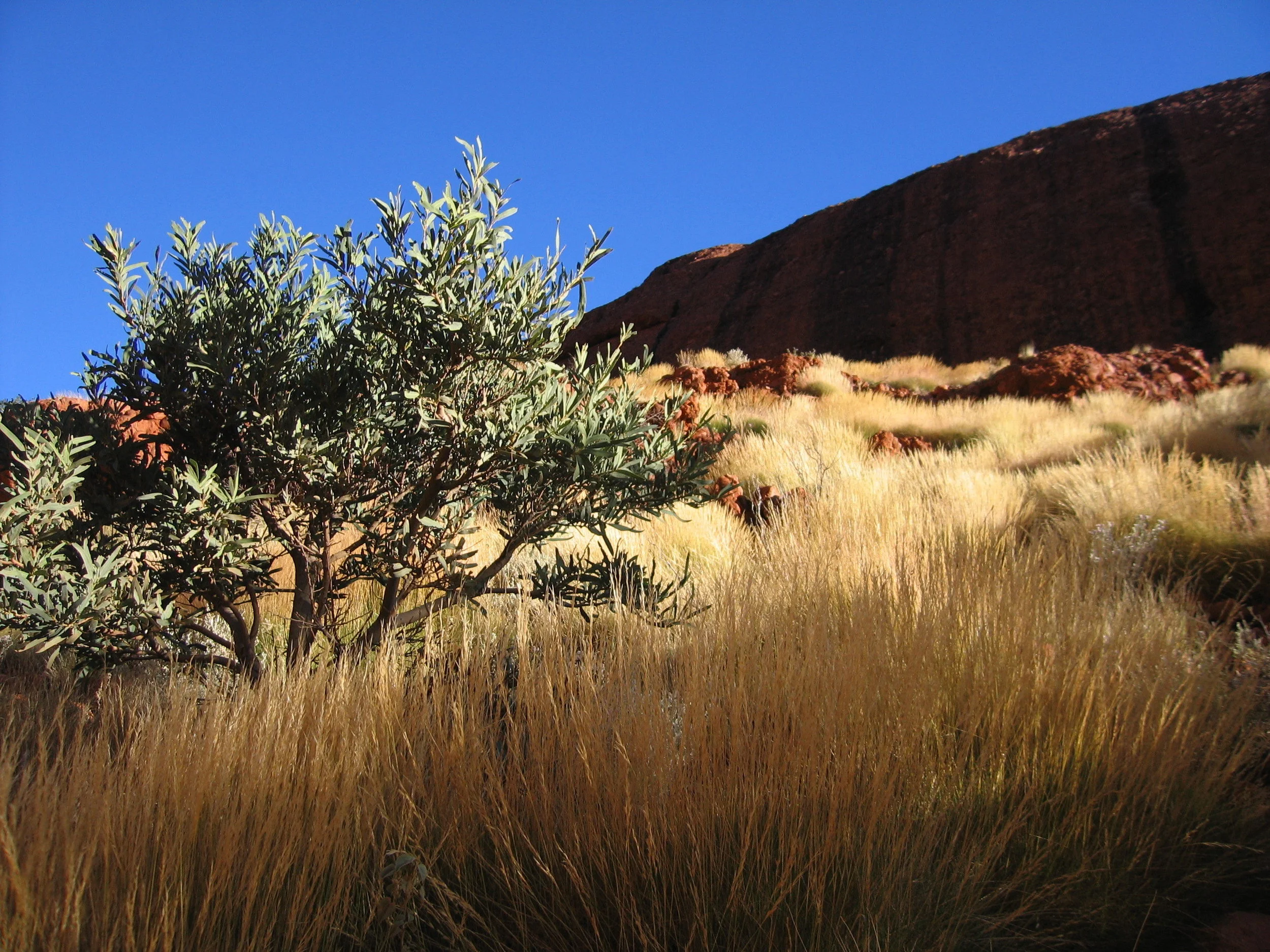August 26 (Ana Carvalho, Nicole Glock Maceno, Marina Ramalhete)
Amazon on fire – what you can do to help.
The Amazon, a vast region that spans across Brazil, Bolivia, Peru, Ecuador, Colombia, Venezuela, Suriname, and the Guianas, holds some of the most important and biodiverse ecosystems on the planet and has been on fire for weeks. Despite recent progress reducing Amazonian deforestation, the current level of destruction is a direct result of recent Brazilian governmental initiatives that weaken environmental protections. The President of Brazil, Jair Bolsonaro, literally said that the Amazon is "open for business" and giant companies across the world (including iconic US companies) are exploiting the opportunity to access formerly protected resources, at a great cost to Indigenous peoples, natural resources, and global climate.
It can be overwhelming to know where to start with an issue that is so geopolitically complex, but the actions in Brazil and other countries in South America are seeded from decisions corporations make outside of the Amazon. We have an immediate opportunity to put pressure on those corporations, both with individual actions and through our vocal activism.
So here are some actions you can take:
Stay engaged: Use social media and other outlets to keep the conversation about what is happening in the Amazon alive. Stay informed about the effect of deforestation in Brazil and across the world, and encourage other people to be informed and speak out. And join the International Day of Action for the Amazon on September 5th.
Advocate for indigenous rights: The Amazon rainforest is not just our planet’s “lungs” as it has been described recently. When talking about conservation of the Amazon, we must also talk about the fact that the Amazon is home to a large number of Indigenous groups. Government initiatives have directly targeted them and continue to, especially under the new Brazilian government that is openly hostile to Indigenous rights. Listen to indigenous leadership, advocate for the protection of Indigenous territories and rights.
Donate to organizations fighting to protect the Amazon: Several organizations are working to protect the Amazon and indigenous rights. Consider donating to Amazon Watch, Instituto Socioambiental, among other organizations.
Reduce beef consumption: Much of the deforestation of the Amazon is done with fire to clear forested lands for agriculture and specifically for livestock production. If you live in Brazil or in one of the countries that import beef from the country, consider reducing your meat consumption or looking for alternative local meat sources.
Contact your elected representatives: No matter where you are in the world, let your elected representatives know that you expect them to support initiatives that protect the environment and indigenous rights and that you value conservation of the Amazon.
Amazônia em chamas – o que você pode fazer para ajudar a floresta
A Amazônia, uma vasta região que abrange parte do Brasil, Bolívia, Peru, Equador, Colômbia, Venezuela, Suriname, e as Guianas, possui alguns dos ecossistemas mais importantes do planeta, e está em chamas há semanas. Apesar dos recentes progressos na redução do desmatamento na Amazônia, o atual nível de destruição é resultado direto de recentes iniciativas governamentais brasileiras que enfraquecem a proteção ambiental. O recém-eleito Presidente do Brasil, Jair Bolsonaro, disse que a Amazônia está "aberta para negócios" e grandes empresas de todo o mundo (incluindo empresas americanas icônicas) estão usando a oportunidade de acessar recursos anteriormente protegidos, um grande custo para os povos indígenas, recursos naturais e clima global.
Pode ser estressante entender por onde começar com uma questão tão complexa do ponto de vista geopolítico, mas as ações no Brasil e em outros países da América do Sul são originadas de decisões tomadas por empresas fora da Amazônia. Temos uma oportunidade imediata de pressionar essas corporações, tanto com ações individuais quanto através do nosso ativismo.
Então, aqui estão algumas ações que você pode realizar:
Engaje-se: Use as mídias sociais e outros meios de comunicação para manter viva a conversa sobre o que está acontecendo na Amazônia. Mantenha-se informada (o) sobre o efeito do desmatamento no Brasil e no mundo e incentive outras pessoas a informarem-se e se manifestarem. Participe do Dia Internacional de Ação para a Amazônia no dia 5 de setembro.
Lute pelos direitos dos povos indígenas: A floresta amazônica não é vital somente para o ecossistema global. Ao falar sobre a conservação da Amazônia, devemos também falar sobre os povos indígenas e como as iniciativas do governo os afetaram diretamente. Escute-os e defenda os direitos humanos e a proteção dos territórios indígenas.
Faça uma doação para organizações que lutam para proteger a Amazônia: Várias organizações estão trabalhando para proteger a Amazônia e os direitos indígenas. Considere doar para a Amazon Watch, Instituto Socioambiental, entre outras organizações.
Reduza o consumo de carne vermelha: O desmatamento e a destruição da Amazônia são amplamente realizados através do uso do fogo como uma maneira de limpar as terras florestais para a agricultura e especificamente para a produção animal. Se você mora no Brasil ou em um dos países que importam carne bovina, considere reduzir o consumo de carne ou procurar fontes alternativas locais de carne.
Entre em contato com seus representantes eleitos: não importa onde você esteja no mundo, informe seus representantes eleitos que você espera que eles apóiem iniciativas que protejam o meio ambiente e os direitos indígenas, e que você valoriza a conservação da Amazônia.
Photo by Birgit Lengert on Unsplash


